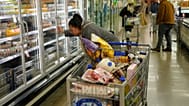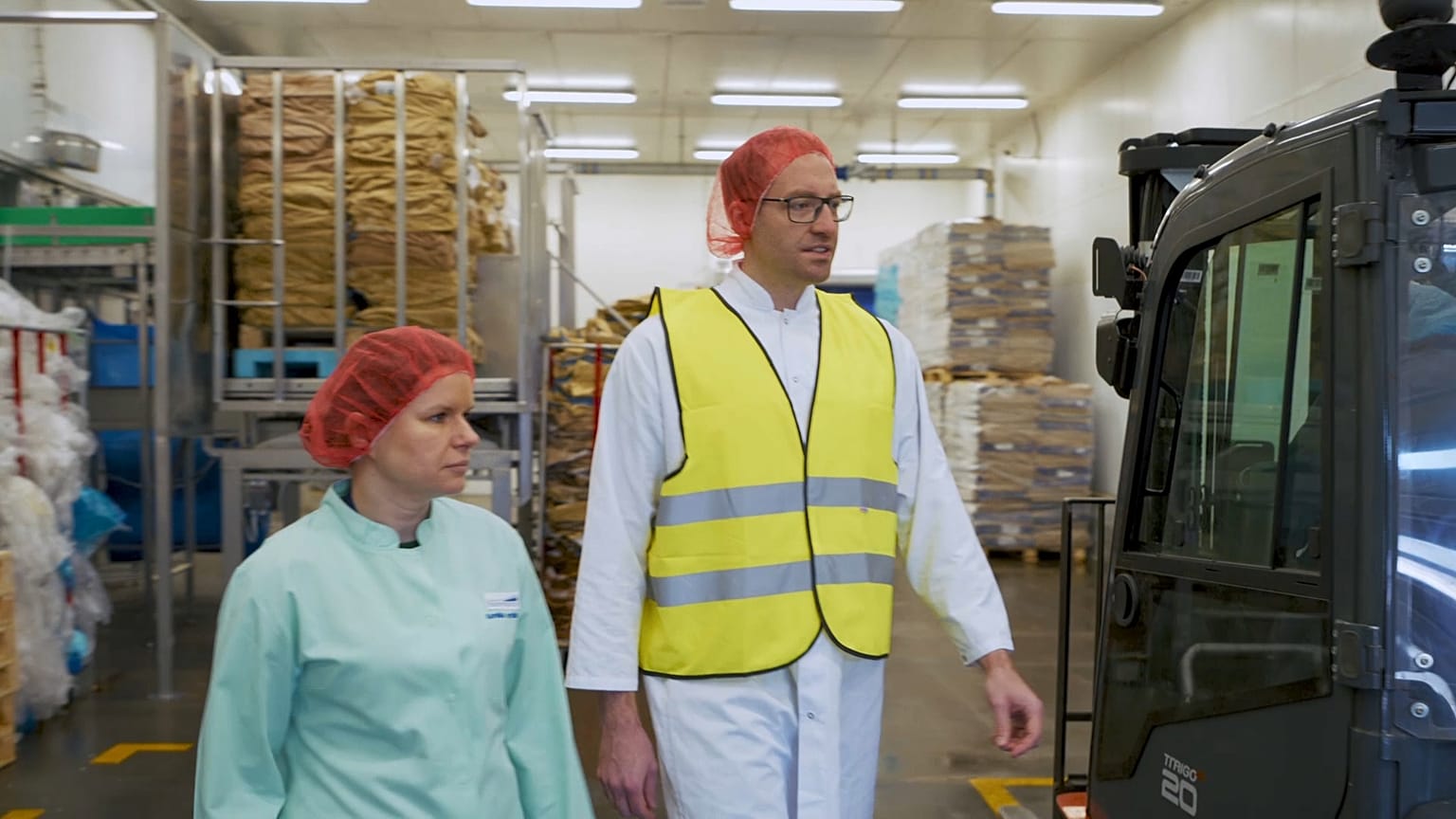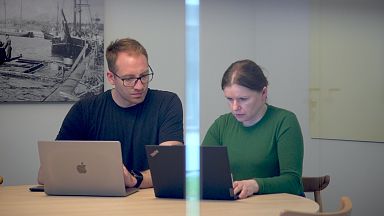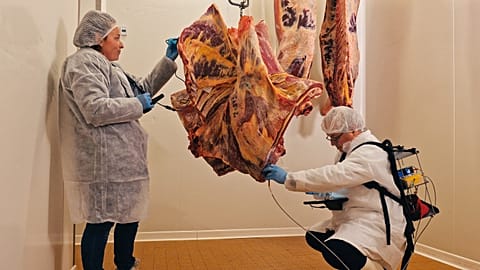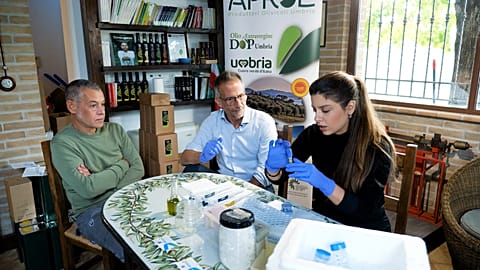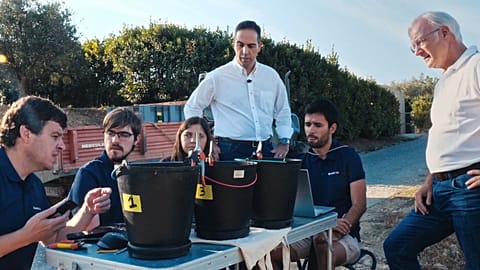Europe's top food safety experts are joining forces to crack down on fraud. Euronews is following them in this special series: The Food Detectives. In Episode One, we meet the team fighting fishy deals in fishing.
Over three million tonnes of fish are caught and sold in Europe every year, and not everything that's traded across the continent is exactly what it claims to be. The sector often faces questions over traceability, transparency, and fraud. Fish may be caught in areas where fishing has been suspended, or at a time of year when it's not allowed. It may have been caught using a type of gear that is against the rules, or it may carry a fraudulent certification.
Furthermore, naming conventions for fishing gear and techniques are not standardised across Europe. These complexities add to the challenge of maintaining traceability and transparency along international supply chains.
So, food detectives Truls Bakkejord Ræder and Karolina Gruhn are working on a solution to make fishing fraud much more difficult. Karolina oversees quality management at the Espersen fish processing plant in Koszalin, in northern Poland, as well as their factories in the UK, Vietnam and Denmark. She says the fraud usually occurs before the pallets of frozen fish reach their factory. "We are sure what fish it is, we can distinguish it. But we cannot confirm only by looking at it where it's coming from and with which catching gear it was caught, or in which period," she tells Euronews.
Filling gaps in the supply chain
Truls and Karolina are now working together to fill in those gaps in their knowledge along the supply chain. "I think the main problem with the information is that if it exists, it's hard to get at. So it's kind of, it is a bit of detective work for each unit that we need to study," admits Truls.
Their ultimate goal is to develop a digital tamper-proof format for a new kind of product passport that follows the fish from the sea to the supermarket.
Karolina explains that today, with no digital product passport in place, and despite an advanced ERP system, keeping track of which fish went into which product is extremely time consuming.
"The hope is that the work we are doing will become an industry-wide standard, where all the actors in all the various supply chains in the fisheries industry are able to collect and share information in a standard way, so that when you see the fish on your plate, you know exactly what it is, and it has been caught sustainably," concludes Truls.
Euronews creates The Food Detectives
The Food Detectives series covers the work carried out by the EU's Watson project, funded by the Horizon Europe programme. Euronews is a member of the Watson project consortium, alongside 46 other EU and non-EU partners from industry and academia. Watson aims to give food safety authorities better tools to detect and prevent food fraud.
Join us for The Food Detectives LIVE EVENT on the Euronews YouTube channel on Thursday 27th November at 17.30 CET direct from Brussels.


